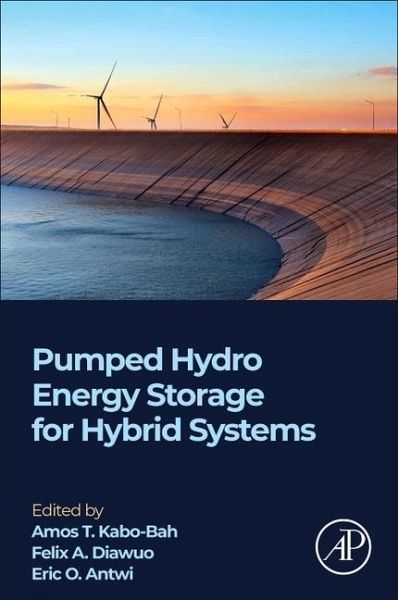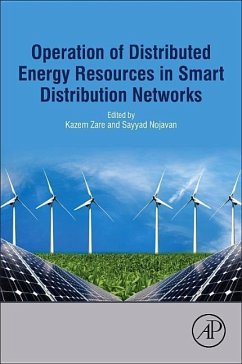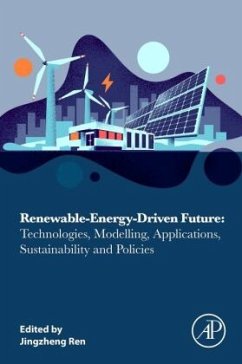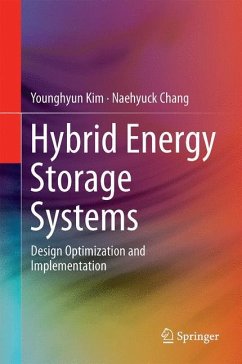
Pumped Hydro Energy Storage for Hybrid Systems

PAYBACK Punkte
50 °P sammeln!
Pumped Hydro Energy Storage for Hybrid Systems takes a practical approach to present characteristic features, planning and implementation aspects, and techno-economic issues of PHES. It discusses the importance of pumped hydro energy storage and its role in load balancing, peak load shaving, grid stability and hybrid energy systems deployment. The book analyses the architecture and process description of different kinds of PHES, both established and upcoming. Different case studies of pumped hydro energy storage are discussed as well as the advantages and disadvantages of different application...
Pumped Hydro Energy Storage for Hybrid Systems takes a practical approach to present characteristic features, planning and implementation aspects, and techno-economic issues of PHES. It discusses the importance of pumped hydro energy storage and its role in load balancing, peak load shaving, grid stability and hybrid energy systems deployment. The book analyses the architecture and process description of different kinds of PHES, both established and upcoming. Different case studies of pumped hydro energy storage are discussed as well as the advantages and disadvantages of different applications.
An essential read for students, researchers and engineers interested in renewable energy, hydropower, and hybrid energy systems.
An essential read for students, researchers and engineers interested in renewable energy, hydropower, and hybrid energy systems.














